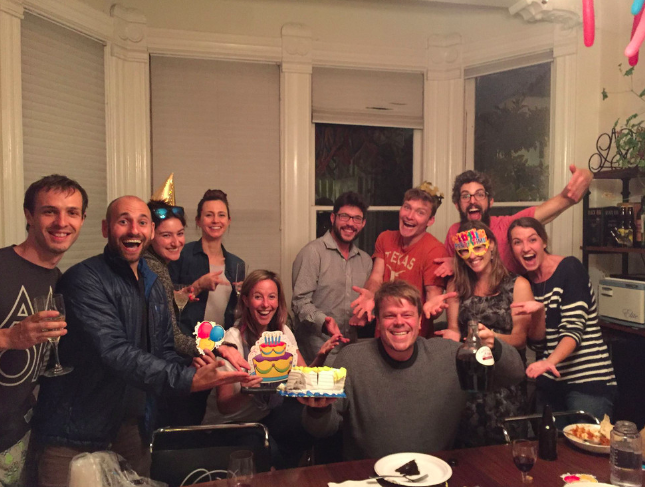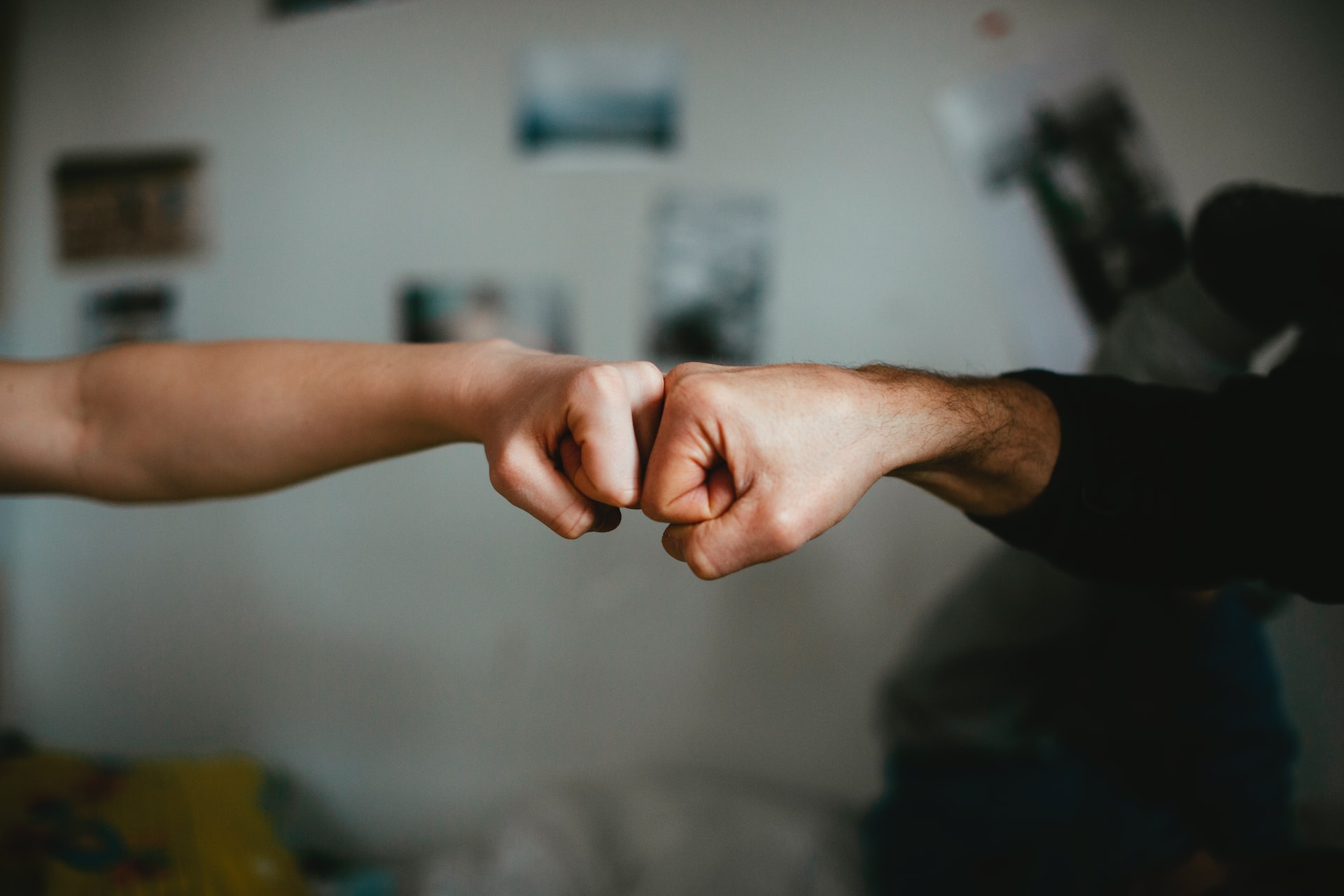This is embarrassing to admit.
I study behavior and sometimes I struggle to change mine.
Embarrassing but hardly surprising. Many therapists become therapists after years of therapy. Of course, lawyers have their own lawyers and doctors see their own doctors. This is a thing. Yet somehow when you study THE MIND it is assumed that you have the power to manipulate your own mind. And many times this is true — especially for BIG decisions. For BIG decisions, like changing jobs or buying a car, I think endlessly about the biases I may succumb to. I fight against these biases quite successfully.
But for small decisions — like how to spend my time on a day-to-day basis — I fail miserably. I succumb to temptations and short-term thinking. I’ll eat fries when trying to be healthy. I’ll say “yes” to the fun stuff at the moment vs. prioritizing my to-do list.
Thus while the behavioral scientist *should* have his or her own life in order before writing about behavior change, this is not actually the case. We succumb to the same biases as everyone else. Why?
There is a tremendous amount of research showing that knowing what you want to do is not the same as actually doing it. This is the intention-action gap. We may have the best intentions but they don’t translate to action (behavior change). Our world would be a lot thinner if a desire to lose weight and knowledge about what’s healthy was sufficient. It’s not. Instead, we need a stronger intervention to change behavior.
Good news. I have an added behavioral weapon. I live with 9 other people. And the premise of this housing experiment is that we fight against complacency.

In one world, these 9 other people could just be people I have conversations within the kitchen or a glass of wine in the evening. Yet, they could also be people who help me achieve my goals. These 9 people could be an accountability system — an army of people fighting against behavioral biases.
What if I had to tell them what I was working on?
What if they would ask me how it was going and I’d have to explain myself on a daily basis?
What if they gave me a deadline to publicly present my progress or if I shared my calendar?
By doing this we’d be moving from the world of achieving goals with sheer willpower, which is an admirable trait but destined to fail at the end of the long days, into the world of action through accountability.
Last week we gathered the group and went through an exercise to design our lives to support our personal goals. We’re calling this process MANC. Mutually Assured Non Complacency.
Mutually Assured: People around you keep you accountable.
Non Complacency: A way of being that questions the status quo
MANC suggests it’s much easier to paddle through life’s routines than question the basic premise of the routines and make changes. Because of how hard it is to disrupt our own routines and patterns, we need the help of others.
Our group sat together for 5 hours and went through the below MANC template.

We independently wrote for 30 minutes and then systematically went through each person’s goal, and their proposed action plan to reach their goal, and then we iterated together.
We argued with each other about the importance of the goal and questioned how we could increase their accountability system. At the end of the session, each person had articulated how they would achieve their goal and how we would help them be successful.
My next post will share the details of what we learned by coming together and sharing our personal goals. I’ll share what I’m committing to and how we’re all supporting each other’s goals.
As an aside, one accountability tactic I’m personally employing is writing about my process — this post and those that follow are part of my action plan. By publicizing what we’re doing I hope to add some Risk and Reputation to improve the chances of success.
Use the power of accountability in your life by joining our Behavioral Economics Bootcamp.
Originally published at medium.com by Kristen Berman on February 19, 2017.
